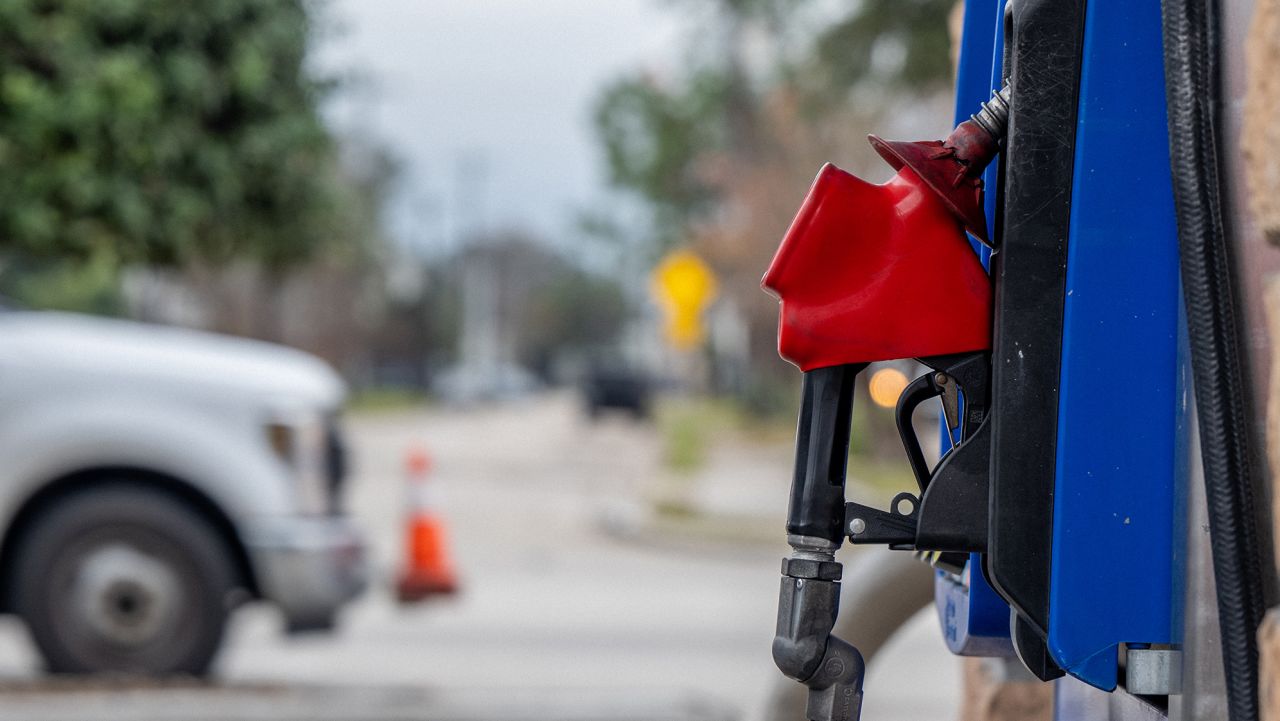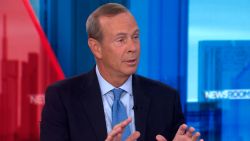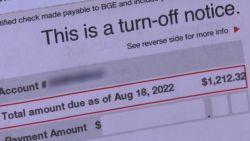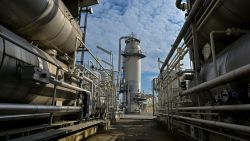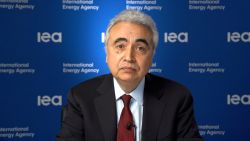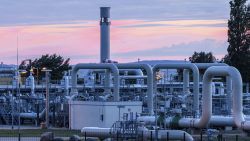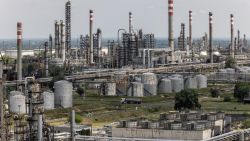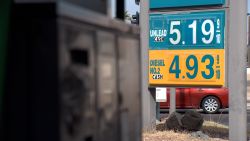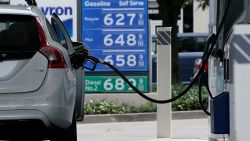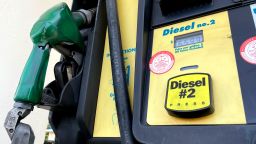Prices at the pump continue to shatter records ahead of Memorial Day weekend.
The national average for regular gas hit a fresh record of $4.48 a gallon Monday, according to AAA. That marks an increase of 15 cents in the past week and 40 cents in a month.
Gas prices are now up by 27% from the day before Russia invaded Ukraine.
“Everything is pointing toward even higher prices. We are well on our way toward $5,” Andy Lipow, president of Lipow Oil Associates, told CNN Monday.
Citing a surge in gasoline futures, Lipow is raising his gasoline forecast from $4.50 to $4.75 a gallon, suggesting drivers on Memorial Day weekend may be greeted by record-high prices.
Lipow said $5 is “possible,” though he conceded the outlook could change considerably if there is a surprise development in the war in Ukraine or with Covid.
According to AAA, the average is already above $5 a gallon in four states: California, Washington, Nevada and Hawaii. Oregon is just a penny away.
Gas spike is making inflation worse
It’s important to note that gas prices are not at record highs after adjusting for inflation. The inflation-adjusted record was set in June 2008 when they averaged $5.38 a gallon, according to the US Energy Information Administration.
Still, the latest jump in gas prices threatens to worsen inflation headaches facing families and the US economy broadly.
The problem is that supply still can’t keep up with demand, especially for gasoline, diesel and other petroleum products. Gasoline futures jumped to fresh record highs on Monday.
The good news, according to Lipow, is that gasoline production should ramp up in the coming weeks as US refineries end maintenance season.
The bad news is that oil prices remain high.
Oil prices pushed further into triple-digit territory on Monday, raising the specter of even higher gas prices in the days ahead.
US oil jumped 3.4% to $114.20 a barrel – the highest close since March 23. Brent crude, the world benchmark, gained about 3% to $114.50 a barrel in recent trading.
Demand for energy continues to ramp up as the world recovers from Covid-19. Despite China’s Covid lockdowns, oil demand in March stood at 101% of 2019 levels, according to the International Energy Forum, citing newly released data from the Joint Organizations Data Initiative (JODI).
However, supply continues to lag, with production standing at just 97% of 2019 levels.
“The Covid situation in Shanghai is loosening up a bit. Demand might be trickling back,” said Robert Yawger, vice president of energy futures at Mizuho Securities. “If there is a breakthrough, that may unleash crude oil.”
Up until the past few days, oil prices have not climbed nearly as much as retail prices for gasoline and diesel, both of which are at or near record highs.
Supply of petroleum products like gasoline have struggled to keep up with demand, in part because of a limited amount of firepower from refineries following refinery shutdowns in recent years.
“No one can crank up the refinery because they don’t have any spare capacity,” said Yawger.
Over the past two years, the United States has lost about 5.5% of its refinery capacity, according to the US Energy Information Administration.

